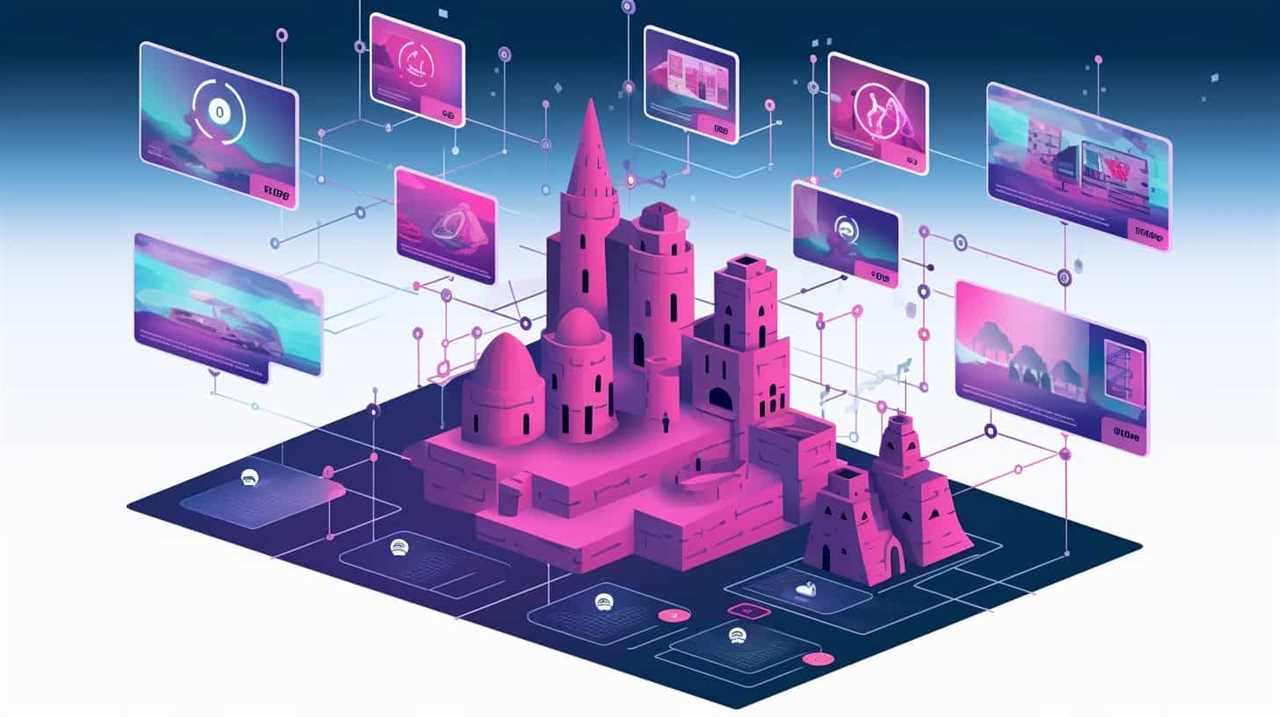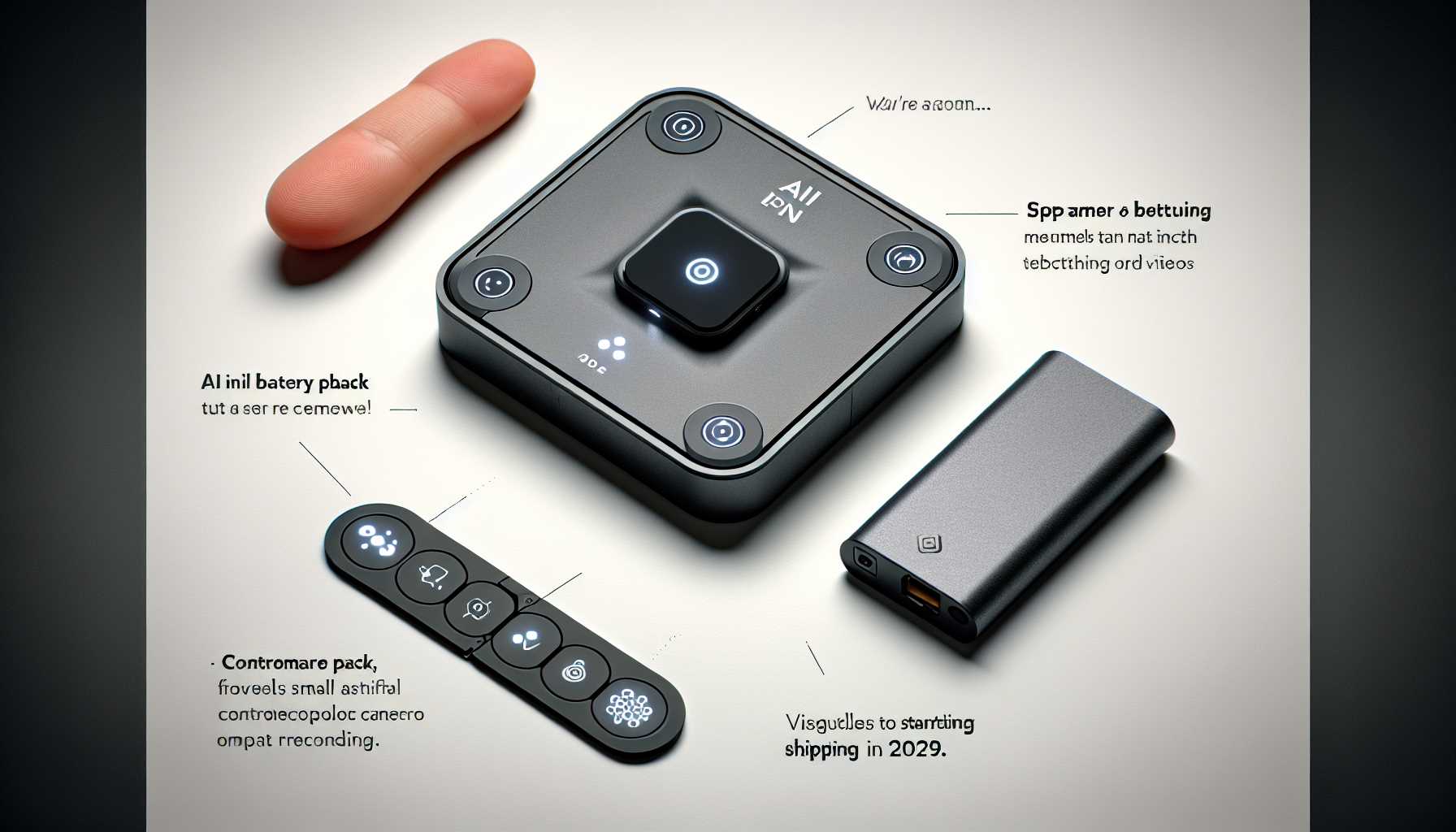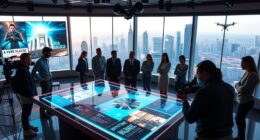Introduction
Law enforcement officers in the US face high-risk incidents involving armed perpetrators, but their training falls short. However, virtual reality (VR) is changing the game, providing officers with more in-depth and immersive training experiences.
The Benefits of VR in Police Training
VR offers numerous benefits for police training, allowing officers to improve their skills and reactions in a controlled environment. It provides immersive experiences that closely resemble real-life situations, enhancing learning and performance compared to traditional methods.
Enhancing Existing Training
A study by Laura Giessing of Heidelberg University reveals that VR can enhance the existing aspects of police training. It equips officers with the skills and tactics needed to face critical incidents on duty, especially in high-stress situations.
Building Empathy and Effective Skills
VR not only helps officers develop skills such as communication and de-escalation, but it also builds empathy. Understanding what individuals are going through allows officers to be more effective in their duties.
The Benefits of VR in Police Training
Using VR in police training offers several key advantages:
- Immersive Scenarios without Physical Harm: VR allows officers to immerse themselves in complex and dangerous scenarios without the risk of physical harm.
- Realistic Simulations: VR can simulate scenarios that elicit the same reactions as real-world situations, providing officers with valuable experience before facing similar challenges in the field.
- Scalable and Customizable Solution: VR training can be tailored to changing needs and industry best practices, offering a flexible solution for training academies and organizations.
- Honing Critical Skills: VR exposes officers to realistic simulations, helping them develop critical thinking, problem-solving, and communication skills. It can also simulate high-stress or high-risk situations, allowing officers to learn how to handle and de-escalate such scenarios.
- In-Depth Debriefing: VR enables officers to replay scenarios and analyze each segment in detail, facilitating more in-depth debriefing sessions.
Real-Life Applications
Police departments and organizations in the US and abroad are already utilizing VR for training purposes:
- Los Angeles Police Department: Uses immersive video simulators to recreate real-world scenarios, focusing on cultural competency, implicit bias training, and proper decision-making.
- Los Alamos Police Department: Applies VR technology to train officers in effective de-escalation tactics.
- Mexico City: Established the first virtual reality training center in Latin America, aiming to enhance officer reflexes in high-risk or stressful emergency scenarios.
- Gwent Police: Utilizes a VR training program to teach officers how to respond to and make better decisions in stressful situations, based on real-life problems they frequently encounter.
- Dutch Police: Developed a VR simulation game to train officers in different scenarios, including bias training to prevent ethnic profiling.
With virtual reality revolutionizing police training, officers can enhance their skills, improve decision-making, and better protect and serve their communities.










